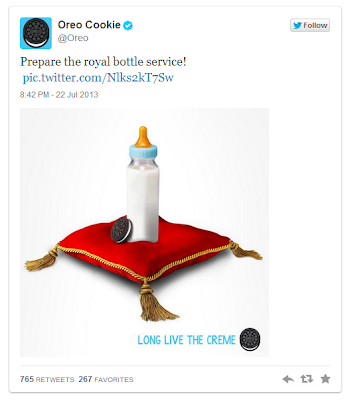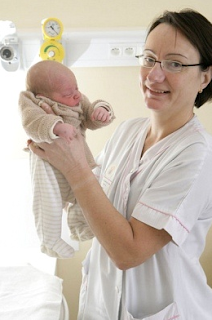Triumphant Tuesday: Breastfeeding despite hospital interventions

Parents and physicians alike are torn on the issue of how, and indeed if, hospital interventions have a detrimental impact upon maternal and child welfare. Medical procedures, for instance, labor inductions, epidurals and circumcisions, as well as the introduction of man-made devices such as nipple shields and bottles of formula, have all been linked to breastfeeding failure. They certainly didn’t help this week’s mom, Rebecca, on her quest for success. Indeed, opposers of home births would be wise to read the following story. Whilst it certainly does not reflect all cases, Rebecca’s story illustrates how the hospital environment and its inhabitants, often work together to undermine a mother’s breastfeeding efforts. “I'm lucky that in my circle of friends and acquaintances, there are dozens of mothers who have nursed their babies. When I was pregnant, I'd see my friends nursing their babies, and I assumed that of course I would breastfeed, that's just what people do! I wa




